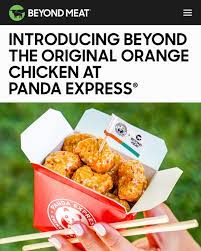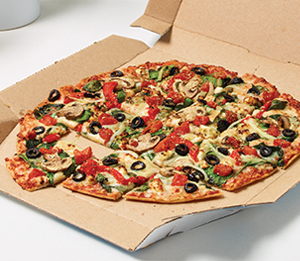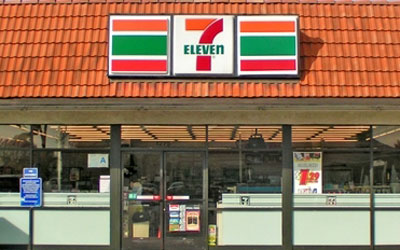L-Cysteine in Bread Products Still Mostly Sourced from Human Hair, Duck Feathers, Hog Hair 47
by Jeanne Yacoubou, MS
VRG Research Director
The VRG recently surveyed food ingredient manufacturers and suppliers as well as bread and bagel companies to find out if the animal sources of the common amino acid dough conditioner and human and pet food reaction flavor used to make flavor enhancers, L-cysteine, were still dominant in the marketplace as they were in 2007 when we last reported on L-cysteine. The answer was a resounding "yes."
One leading amino acid supplier reported to us in February 2011 that "duck feathers or human hair" were the sources, based on an official statement received from its Chinese supplier.
A product manager with another food ingredients company reported to The VRG in August 2010 that "it’s not human hair, not duck feathers, that’s the major source of L-cysteine today; it’s hog hair." He estimated hog hair to be the source of 90% of the Chinese L-cysteine supply.
A manager of company that produces non-animal L-cysteine stated in September 2010 that the major animal source of L-cysteine today was "human hair mostly" followed by "duck feathers or hog hair when the human hair supply was low." According to this source, feathers and hog hair "are reportedly inefficient compared to [human] hair [in yielding great quantities of L-cysteine]. So if there is a problem with hair [supply], then hog hair or feathers may be a backup."
In September 2010, the VRG asked companies that produce non-animal versions of L-cysteine how their product was doing on the market. Estimates given by the leading companies put the vegetable-based fermentation or synthetic product at approximately 10% of the L-cysteine market today. The reason given for the low market share is the high price of non-animal L-cysteine (two to three times as much) compared to the much cheaper and much more plentiful Chinese (and Indian, to a lesser but growing degree), supply.
A second reason given is that a growing number of food companies are demanding a "natural" product and a "synthetic" L-cysteine does not meet that criterion. Furthermore, a major reseller of L-cysteine told us in September 2010 that the company policy is to label anything using an animal-derived (i.e., hair or feathers) L-cysteine as "non-vegetarian" even though it is still technically "vegetarian" and considered "natural." Their labeling decision was precautionary in response to those who prefer to avoid all animal-sourced ingredients. (Note: one company does sell an L-cysteine manufactured through microbial fermentation and another is in the process of developing their own fermentation technique. The latter company estimates that it may take two-three years to perfect the process on an industrial scale and then bring it to market.)
The writer noticed through canvassing many companies in February and March 2011, compared to 2007 when The VRG last updated L-cysteine, (http://www.vrg.org/vrgnews/2007jul.htm#s2), that a growing number of companies are requesting or reselling only non-animal derived L-cysteine for food use.
Concerned individuals who would like to see more of the non-animal L-cysteine used in their bread products as well as in other human food and pet products are encouraged to voice their opinion politely to food companies and restaurant chains that are using the animal-sourced L-cysteine. Likewise, food companies and chains which are using non-animal L-cysteine are due a "thank you."
To purchase our Guide to Food Ingredients, go to:
http://www.vrg.org/catalog/index.php?main_page=product_info&cPath=1&products_id=8
To support VRG’s research, please donate at:
https://www.givedirect.org/give/givefrm.asp?CID=1565
or
http://www.vrg.org/catalog/index.php?main_page=index&cPath=4







